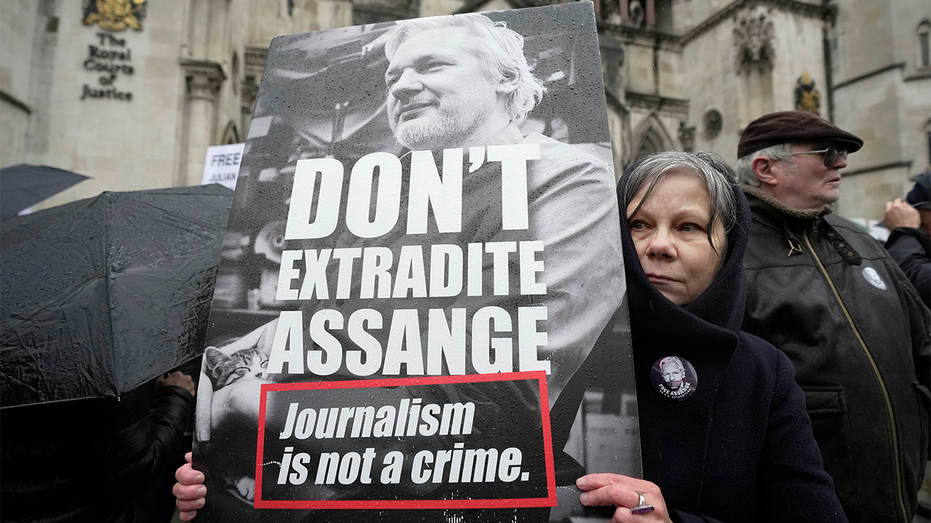Harland & Wolff: Titanic shipbuilder to enter administration as job losses loom
The Aim-listed shipyard said steps were now underway to reduce headcount in its "non-core" and certain "central support areas."


Embattled Harland & Wolff has declared insolvency and said its status as a London-listed company will “likely come to an end in the near future,” leading to job losses across its sites in the UK.
The Aim-listed shipyard, which has a 1,500-strong workforce, said steps were now underway to reduce headcount in its “non-core” operations and certain “central support areas,” having been announced to staff earlier today.
Administrators from Teneo will be appointed this week, it added, while advisers Rothschild and Co are assessing on strategic options amid interest from a number of suitors. Reports suggest Babcock, Spain’s Navantia and former chief executive John Wood could be weighing up bids.
The board confirmed to markets that shareholders would likely receive “no return” from the administration process, which is expected to commence this week.
The group’s core operations and its Islandmagee Gas Storage project will continue to run as normal, although a number of its non-core subsidiaries are in the process of being wound down.
The announcement puts the future of a key £1.6bn Ministry of Defence contract to build warships for the Royal Navy at risk, raising serious questions over the future of the UK’s shipbuilding industry. It could mean British Royal Navy warships are built overseas, in Spain.
Harland & Wolff claimed it saw a “credible pathway” to delivering the contract, adding that bids for its four yards were expected “shortly.”
Interim chair Russell Downs said: “The group faces a very challenging time given the overhang of significant historic losses and its failure to secure long term financing. Good progress has been made to test the market for investor appetite.
“The Board has reluctantly concluded that the Company’s own future as an AIM-listed company will likely come to an end in the near future, but that the core operations undertaken by the four yards and Islandmagee will continue to trade as usual.
He added: “It is important to recognise that this is extremely difficult news for the Company’s staff directly affected and will impact many others within group. We will work to support our staff through this transition. Unfortunately, extremely difficult decisions have had to be taken to preserve the future of our four yards.
“This will clearly be very unwelcome news for shareholders who have shown significant commitment to the business over the last five years.
Matt Roberts, the GMB Union’s national officer, said: “Workers, their families and whole communities now face their lives being thrown into chaos due to chronic failures in industrial strategy and corporate mismanagement.
“All the four Harland & Wolff yards are needed for our future sovereign capabilities in sectors like renewables and shipbuilding.
“The government must now act to ensure no private company is allowed to cherry pick what parts are retained, in terms of which yards or contracts they wish to save.
A government spokesperson said: “While we know this will be a concerning time for those affected, Harland & Wolff has been clear this process will in no way affect jobs at its shipyards or core operations such as delivering its contracts for the Ministry of Defence.
“We are clear that following a thorough review of the company’s financial situation, at present the market is best-placed to address these challenges, and providing government funding would have meant a significant risk of losing taxpayer money.
“We are continuing to work extensively with all parties to find an outcome for Harland and Wolff that delivers shipbuilding and manufacturing in Belfast, Scotland and across the rest of the UK and protects jobs.”


